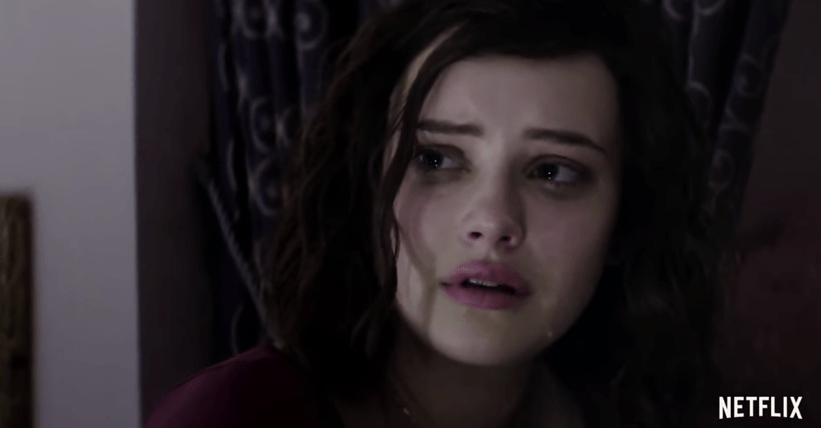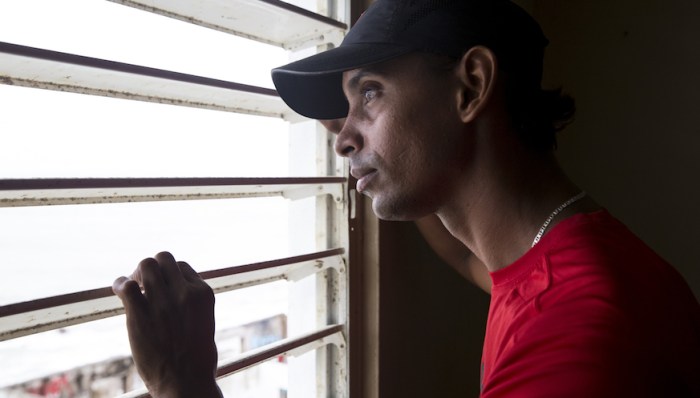Psychologists say the dramatic and glamorized portrayal of suicide in Netflix’s controversial new series “13 Reasons Why” could inspire a rash of copycat suicides, and studies show that it wouldn’t be the first time.
The teen drama unfolds over a series of 13 episodes as Hannah Baker talks out a harrowing tale of betrayal, sexual violence and high school drama that ultimately ends in the main character taking her own life. She chronicles her descent on a series of 13 tapes — a sort of twisted postmortem — left for her classmates to hear.
“I hope you’re ready, because I’m about to tell you the story of my life. More specifically, why my life ended. And if you’re listening to these tapes, you’re one of the reasons why,” Baker narrates on the first tape in the show’s opening monologue.
Dr. Ralph Buonopane, director of the Inpatient Mental Health Program at Franciscan Childrens’ in Boston, said he likes the idea of talking more openly about adolescent struggles with mental health, but warned context matters.
“On the one hand, I think it’s good — it’s a very important time to be talking about suicide risk in teens and what we can do to prevent suicide,” he said, discussing the popularity of “13 Reasons Why.” “But we need to be very careful about anything that glamorizes suicide for vulnerable teenagers … that is not helpful.”
Studies have identified suicide clusters, or instances when one suicide leads to others, often linking media reports, Hollywood and novels as a cause. Teenagers are especially vulnerable to the phenomenon known as contagion of suicidal behavior — one study said they are four times as likely to act on suicidal thoughts after hearing about a suicide, particularly if the reporting was irresponsible.
The viral appeal of “13 Reasons Why” is worrisome for Buonopane, who said he’d already heard several young adults reference the show in relation to self-harm.
“In the last week alone, we’ve had several young people who referenced this program upon admission. This leads us to believe that the show may be reinforcing the belief amongst youth that suicide is a viable option,” he said, though he indicated there is never one single reason for a suicide attempt.
The first instances of media-influenced copycat suicides date all the way back to 1774 and the German novel “The Sorrows of Young Werther,” by Johann Wolfgang von Goethe.
The semiautobiographical book told the story of a young man who, rather than live in the face of unrequited love, shoots himself. It has been called the first modern best-seller and the first psychological novel — Napoleon himself was said to have read the book seven times.
So powerful was Goethe’s prose that young men across Europe began dressing themselves in the fashion of young Werther and a spate of copycat suicides was reported in newspapers. The violence got so out of hand that a theology professor at the University of Leipzig had the book banned on grounds of public safety a year after it was published.
But copycat suicides have been recorded in more recent circumstances as well. University of San Diego sociologist David Phillips studied suicides in the U.S. and in Britain between 1947 and 1968, finding suicides increased after a suicide story ran in local newspapers. He appropriately coined the contagion effect “the Werther effect.”
In the fallout over “13 Reasons Why,” Netflix this week added stronger advisory warnings, Variety reported. Netflix did not return requests for comment by press time.
Family is the first line of defense in preventing teen suicides, Buonopane said. He encouraged parents to reach out to school psychologists, pediatricians or a variety of national resources if they recognize any signs that their child might try to commit suicide — feelings of hopelessness or isolation, trouble sleeping, struggles with drugs or alcohol, talking about death or wanting to die, or talking about being a burden.



















